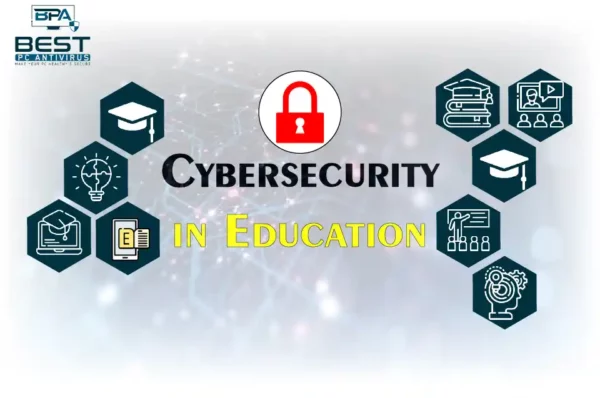Just as people are trying to steal your identity for illegal activities but there are also some people & organizations making lot of efforts to stop that theft.
No one can completely understand how serious the threat of Online Identity Theft Is. Though it may be simple to feel secure while shopping, checking account balances, or conversing with friends online, But the reality is totally different, hackers frequently use the internet and are prepared to use any information you disclose. We’ve put together some advice to protect your identity online because these cybercriminals are always seeking new ways to get their hands on your personal information.
It’s a somewhat terrifying thought that can leave the normal individual feeling Helpless. But fortunately, people are working hard to prevent identity theft, just as people are trying to steal your identity for bad Reasons full-time. Here are eight suggestions for how to avoid online identity theft.
1. Don’t Overshare
Over the past ten years, sharing every aspect of our lives online has become so commonplace that most of us no longer give much thought to Online Identity Theft. However, by disclosing a lot of personal information about yourself, you’re not only engaging with your community, but you’re also giving cybercriminals access to data, which they can use to steal your identity. Consider making your social media profiles private to limit access to your personal information as something innocent like your pet’s name can be used to answer security questions.
2. Stay away from free Wi-Fi
Free (or public) Wi-Fi has a cost, much like most products that are advertised as “free” online. Public Wi-Fi is practical to use, but it is by definition public. That implies that anyone with the necessary expertise may get into it and steal the data being sent over the network, such as usernames, passwords, answers to security questions, birth dates, financial information, etc. Therefore, if using a free Wi-Fi network is a necessity, ensure that you are protected by any Virtual Private Network (VPN).
3. Choose Strong Passwords
Using strong passwords is your first line of security. Upper- and lower-case letters, numbers, and special characters should all be used in each password, which should be between 8 and 15 characters long. Avoid including details about your birthday, family member’s or pet’s names, your address, or your phone number. These are all easily solvable in a short amount of time.
4. Only Use a Password Once, and Change It Often
Your personal information, including your password, may be stolen in the event of a data breach, similar to those that hit LinkedIn, Facebook, and Tumblr. Your other accounts have also been compromised if you used the same password on them. You may reduce your risk by using distinct passwords for every account and changing them frequently, at least once every six months.
5. Do Not Post Confidential Information
Everything we publish online remains online forever. “Online” includes check-ins, reviews, images, social media postings and comments, blog comments, and social media posts. Be cautious since, despite of all the safety precautions, there is a slight possibility that your information could be accessed without further layers of security.
6. Watch Out for Suspicious looking things
Never click the link in a suspicious-looking thing like a suspicious email. Phishing scams use a variety of avenues to collect our login information, but email spam efforts continue to be the most effective. As we shop online, check our emails, or enter social media accounts, these scams will surface. Do not click if it appears to be spam.
7. Keep Your Operating System Safe from Spyware
Spyware is a program that can be installed on your computer, open pop-up windows, re-route your browser to dangerous websites, and keep track of your surfing activities. Use one of the well-known anti-spyware programs on the market to keep yourself secure from spyware.
8. Educate yourself about phishing methods
Phishing is when online thieves employ social engineering strategies to convince you to voluntarily divulge personal information. This might take the form of pretending to be your boss and requesting a document that is “urgent” or feigning concern for a family member. To prevent identity theft, it’s important to educate yourself on phishing techniques so that you can recognize them when they occur.
These days, identity theft is a serious issue that affects almost everyone. However, if you have a little technical know-how and support, you can keep yourself out of Online Identity Theft.
Read More:- 12 Tips to Safely Manage Your Money and Pay Your Bills While Traveling




